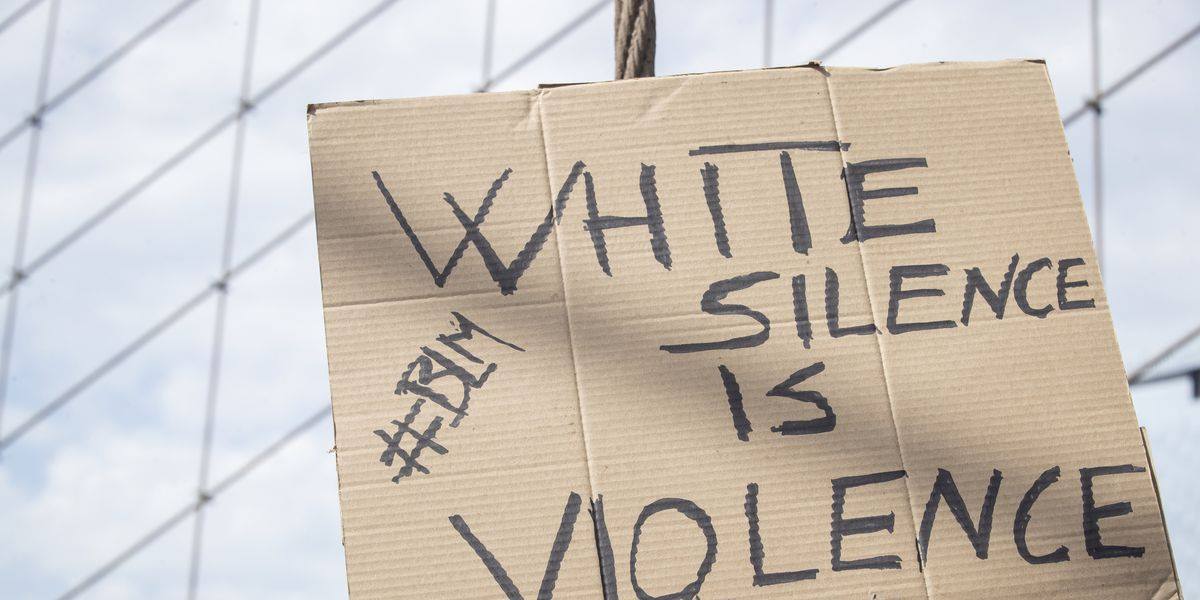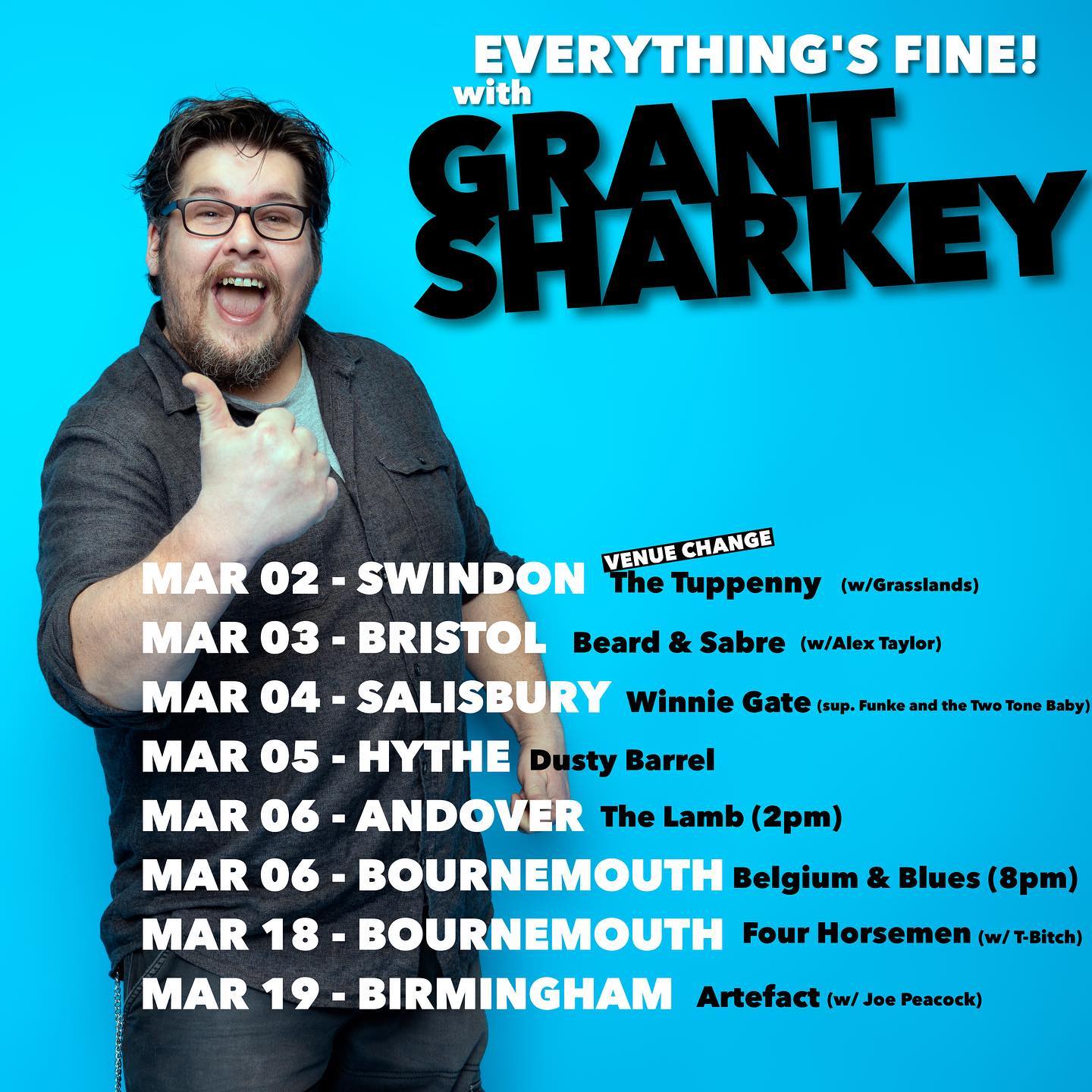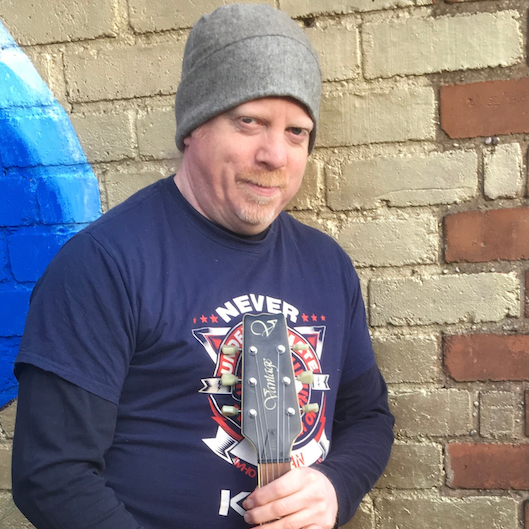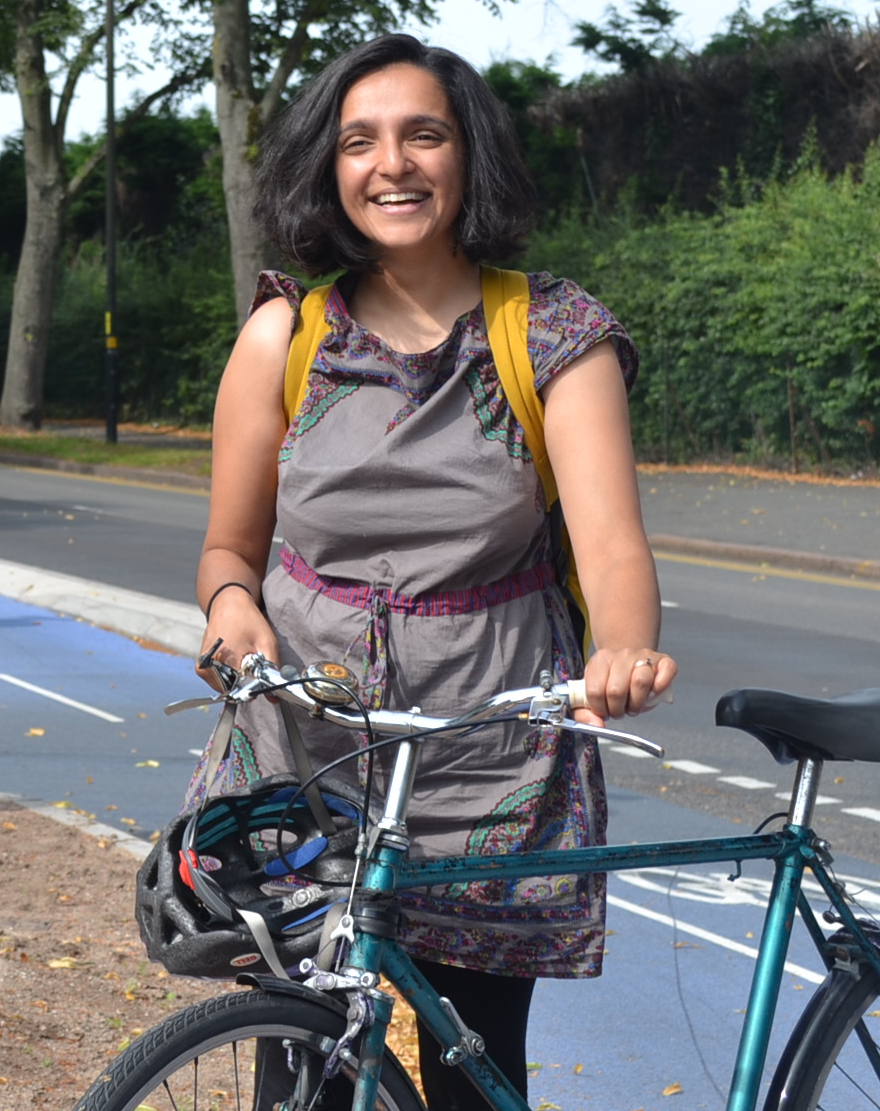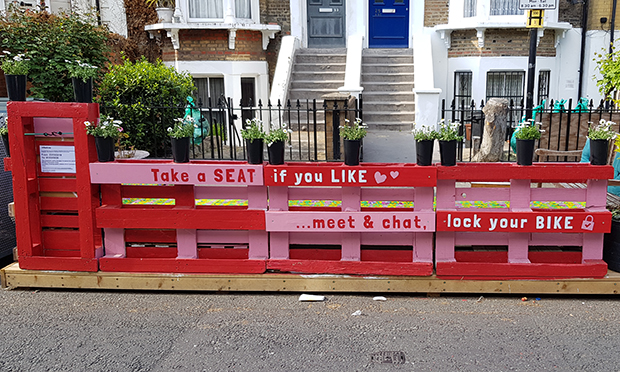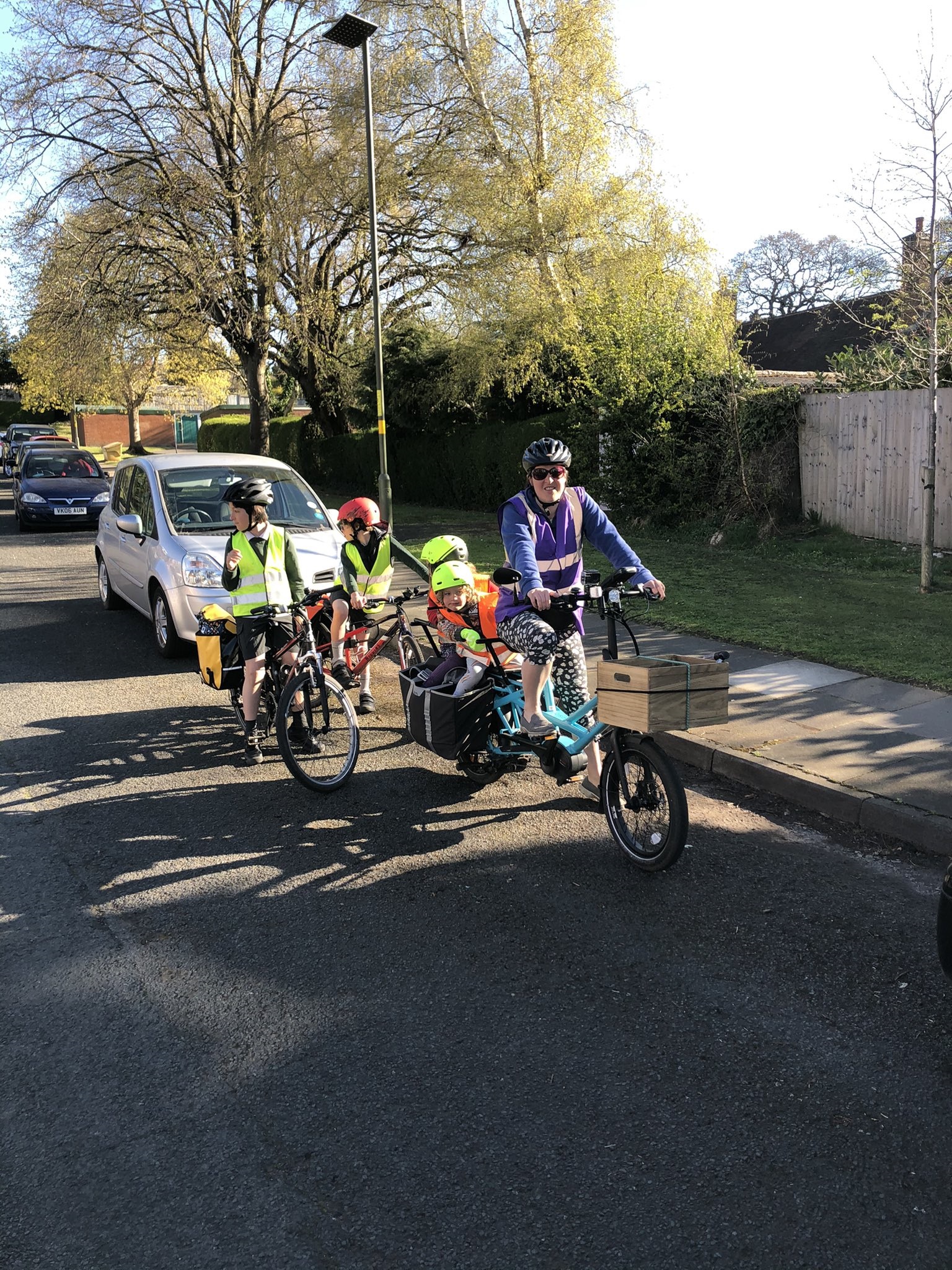I have never felt that my life was at risk because of who I am. I have never been denied an opportunity because of who I am. I am a white male living in England and I am aware that the women I know have not had the same experiences as me, neither have my Black and Ethnic Minority friends and neighbours. If we all go through life and ignore the evidence that this is true and do nothing to challenge it, we are all part of the problem.
Rural Herefordshire
I grew up in a very racist part of the country. There was almost no BAME community in Herefordshire, but to hear people talking about “p***s”, “c***s” and “w**s” was commonplace. At my secondary school, for the first time there were two black kids in my year and the one above and what happened? Kids marched round the playground zieg heiling and chanting: “zigga zigga zigga, shoot that n*****” and “There ain’t no black in the Union Jack”. I was picked on enough for being ginger and having goofy teeth, so I didn’t intervene. If I had, I would probably have been beaten up and I always avoided fights. I was, however, disgusted and have carried that feeling and strong memory with me throughout my life, as it totally tainted my feelings about Herefordshire and rural communities with their vile racist attitudes. I wanted to get out and never to return.
My mother volunteered for a women’s refuge and was part of a women’s group who would meet at our house. I was spared the details of what she dealt with, but I knew that a lot of what they encountered was horrible and made her angry and upset. Misogyny in the community around me was also rife and being a precocious cricketer, who played for the men’s team in my village from the age of 14, I heard a lot of things I wished I hadn’t, but again was too scared to challenge.
University
Until I moved to Birmingham in 2005, I had never lived anywhere that felt truly multicultural. My university days were spent at Keele, which was a campus near to another racist stronghold (Stoke) where BNP councillors were elected in large numbers at one time and now is madly pro-Brexit for similar reasons. I don’t remember encountering racism there, although BAME students will undoubtedly have different stories. I lived in a comfortable bubble, not really thinking about why it was that my female friends had to carry rape alarms with them whenever they went out.
Russia
I also spent seven years living in one of the most misogynistic, racist and homophobic countries on the planet; Russia. Whilst there, I bit my tongue on so many occasions, because it was impossible to challenge every instance of people saying things that I found deeply offensive. With my best friends, I would do so on occasion, but either my language skills were not quite as good as I thought, or the concepts of racial and gender equality were so alien to them that they really didn’t get what I was trying to say or why I thought it was unacceptable to say what they did. It wasn’t the only reason I wanted to come home, but it certainly contributed to my feeling uncomfortable there. I certainly did count my lucky stars during that time that I wasn’t a woman or a black man.
Self Reflection
I don’t want you to think that I am painting myself as perfect and beyond criticism for my own prejudices and behaviour. I feel ashamed of the way my grandparents’ generation of my family were involved in Britain’s colonial past in India and Sri Lanka and was appalled by the attitudes they carried with them from that. How far have I really moved on from those thoughts of the superiority of British culture and the things I hold dear, though? Although the roles in our family are currently that I am educating/doing the childcare while my wife continues to work, do I really manage to escape stereotyping female and male roles and expectations? Am I really able to recognise differences without attaching different values?
Being a vocal ally
I have largely accepted the society in which I live, despite the fact that it is deeply patriarchal and racist. Although I may disagree with many of the things around me, too often I have tolerated them and not tried that hard to change them when they don’t directly affect me. Does that make me guilty of racism and sexism? There are many quotes along the lines of William Burroughs’ “There are no innocent bystanders” that explain why being a vocal ally is essential to stop racism and sexism. This doesn’t mean that you have to have been perfect throughout your life, but you have to be willing to learn from and support those who’ve experienced oppression.
Black Lives Matter
Black Lives Matter is about stopping the deaths of black people at the hands of the police, but it’s about something much deeper, too. We have to challenge structural racism. I have seen a shift in the dialogue following Me Too, but even last week, The Sun newspaper felt it acceptable to print the words of a man who sexually abused his wife justifying his actions on its front page. How can that not do anything other than encourage more violence against women? Our Prime Minister has a rich history of writing racist articles, as well as leading a racist Brexit campaign that was supported by just over 50% of those who voted in the referendum. That means that there is a long way to go and without all of us holding the line, racists and misogynists will continue to punch down. As I white male, I must leave my comfort zone if I am going to be a true ally.

